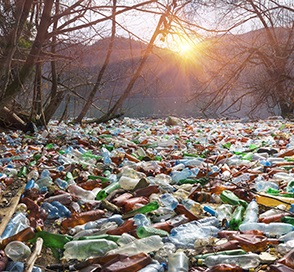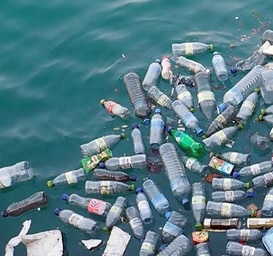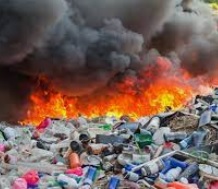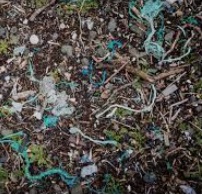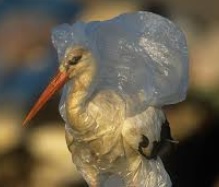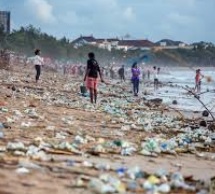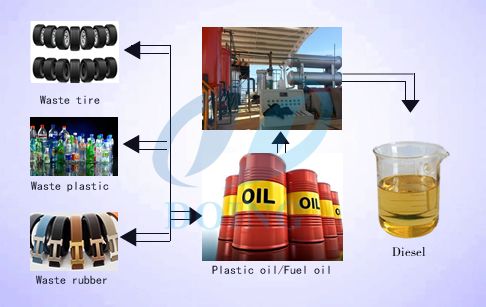Plastic feedstock: Plastic waste, including various types of plastic such as polyethylene (PE), polypropylene (PP), polystyrene (PS), and polyethylene terephthalate (PET), can be used as feedstock for the conversion process. However, the quality and composition of the plastic feedstock can affect the efficiency and quality of the resulting oil.
Pyrolysis process: The plastic waste is typically shredded into small pieces and fed into a pyrolysis reactor. The reactor is heated to high temperatures (typically between 300 to 500 degrees Celsius) in the absence of oxygen, which prevents complete combustion. This thermal degradation process breaks down the long polymer chains of plastic into smaller hydrocarbon molecules.
Byproducts: The pyrolysis process produces a mixture of byproducts, including oil, gas, and solid residue (char). The composition and quality of these byproducts can vary depending on the plastic feedstock, operating conditions, and the specific pyrolysis technology used.
Oil refinement: The oil obtained from the pyrolysis process requires further refining to remove impurities and improve its quality. The refining process may involve distillation, fractionation, and purification techniques to obtain a usable fuel product.
Fuel applications: The resulting oil can be used as a fuel source in various applications, such as industrial heating, power generation, or even as a diesel substitute in certain cases. However, the suitability of the oil as a fuel depends on its quality, composition, and adherence to local regulations and fuel standards.
It is worth noting that while plastic-to-oil conversion offers a way to recover energy from plastic waste, it is not a complete solution to the plastic pollution problem. It is crucial to prioritize efforts to reduce plastic consumption, improve recycling systems, and promote sustainable alternatives to plastics. Additionally, the environmental impact, energy balance, and economic viability of plastic-to-oil conversion should be carefully evaluated to ensure its overall sustainability.

